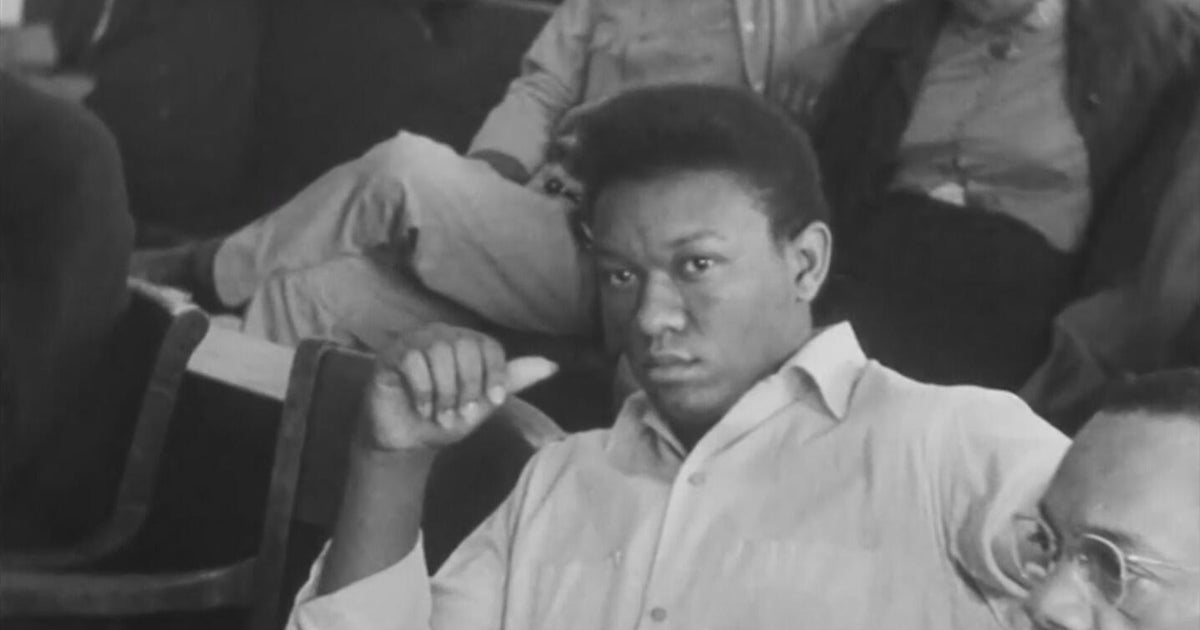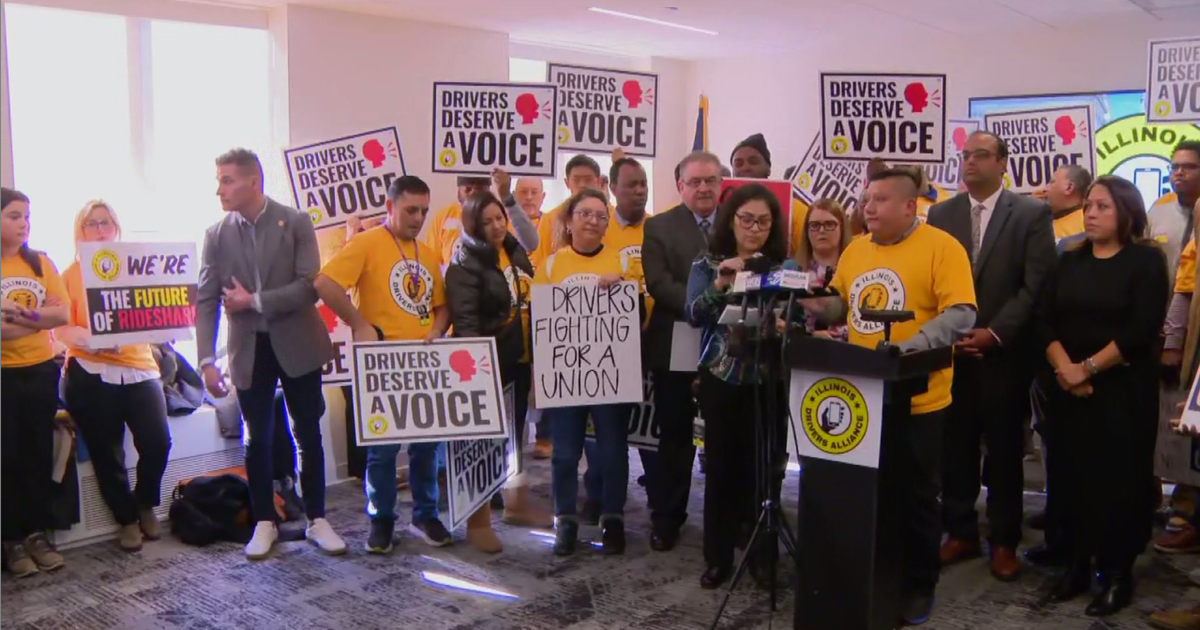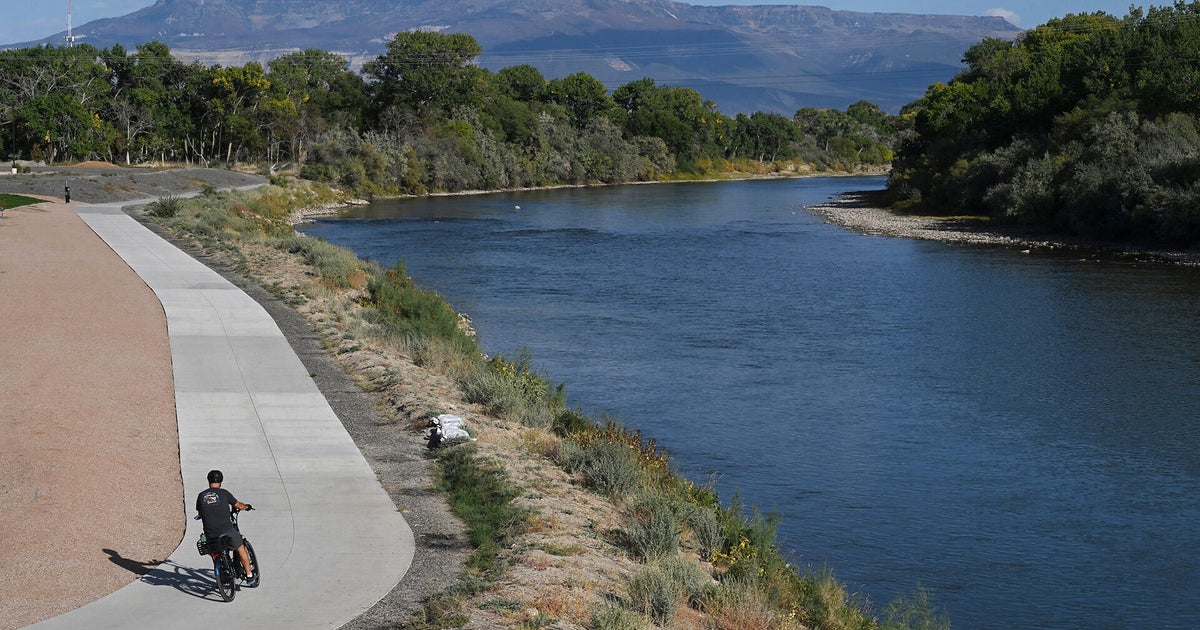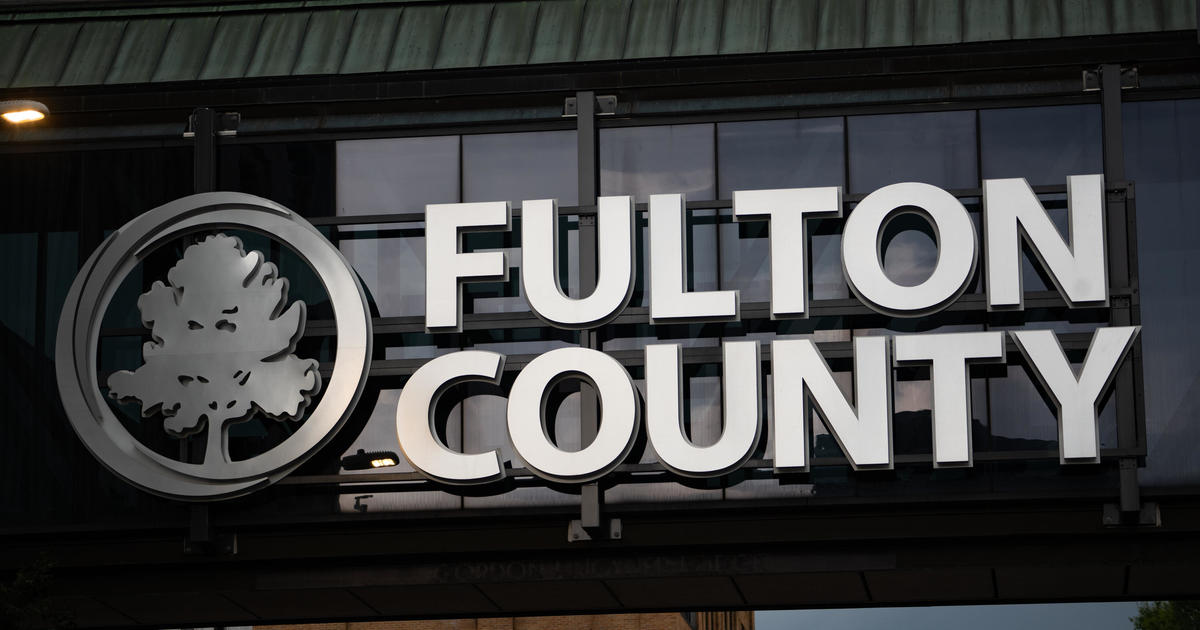Will Texas' boost in film incentive funding lead to economic development?
NORTH TEXAS (CBSNewsTexas.com) — When you think of the top industries in Texas that drive the economy, the film industry may not be top of mind. But thanks to a recent boost in incentives, show business could be increasing its presence in the Lone Star State.
"Texas has frankly not been very competitive over the last however many years that it's been," said Tony Armer, commissioner for Dallas Film & Creative Industries. "There is a buzz and there is an excitement around the industry now."
People like Armer and Mindy Raymond, the communications director for the Texas Media Production Alliance, believe a change is coming.
"I think particularly in the DFW area, there is such a great excitement that hasn't really been there before.
This year, state lawmakers allocated $200 million from the state's budget to go toward toe state's film incentive program. It's a huge boost from the $45 million approved during the last legislative session. In the program's history, the highest dollar amount the state has allocated to incentive funding is $95 million.
"The name of the game for our industry is incentives," Armer said.
How do film incentives work in Texas?
While a lot of state's us a tax credit, Texas' program works more like a rebate system.
"Being in Texas, we don't have a state income tax," Armer said. "And none of us want one, so we have to get a little bit more creative in where we allow that incentive to come from."
The state offers a percentage of a production project's spending back -- between five to 22% depending on how bug and the type of project. The incentive can apply to productions of movies, television, shows, commercials and video games.
Do incentives work?
One justification for using taxpayer dollars to attract productions to the state is the belief that it will be good for the economy -- spurring spending and jobs.
But skeptics say this isn't the most effective way to generate economic development.
"Any argument based on tax revenue, that these jobs will pay for themselves ... it's nowhere close," said Nate Jensen, a government professor at the University of Texas. "And in terms of jobs, it tends to be a relatively small number of jobs and not permanent."
Jensen isn't alone in his analysis. A 2020 study out of Kennesaw State University in Georgia looked at whether film tax credits had a positive impact on the economy. It found they did not.
And some states who use film incentive programs have reported mixed results when it comes to economic impact.
Plus, Jensen said productions could just end up moving from state to state every time there's a boost in incentives.
"It's a race to the bottom for these productions." Jensen said. "You get 'John Wick 5' but it's not clear number six or number seven is going to be filmed here."
Tourism & a sense of pride
Armer pushed back on the claim that film incentives don't create economic development.
But he also said there are other reasons Texans should want more productions happening in the state: tourism and pride.
"It actually makes you a little bit mad when something shoots in another area," Armer said. "I think that Texas pride is a big factor and people really see what could happen here."







